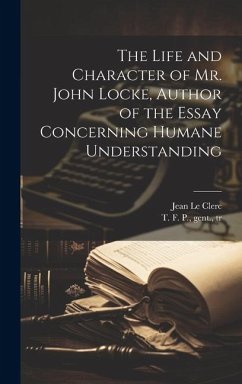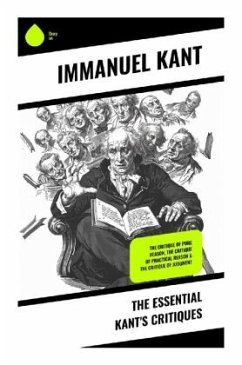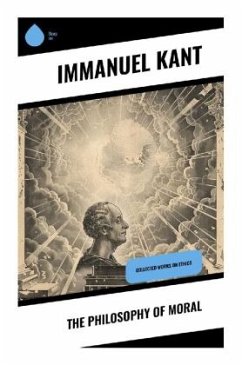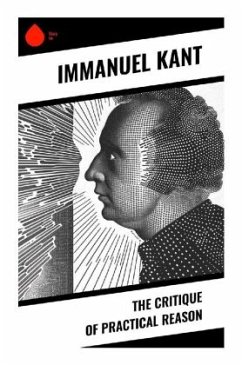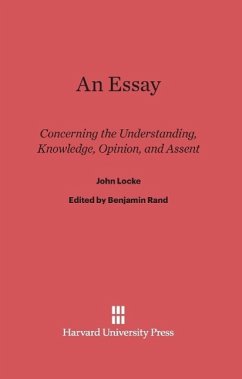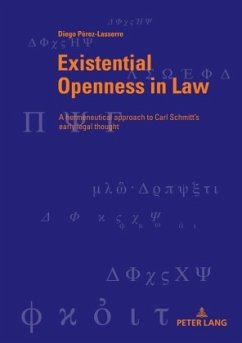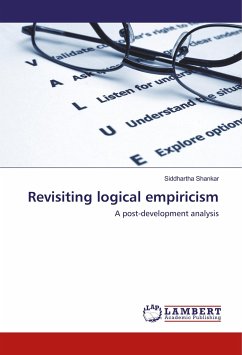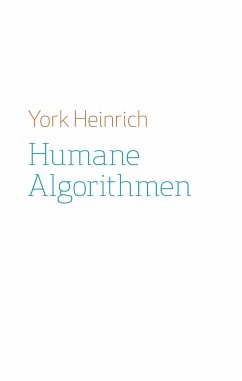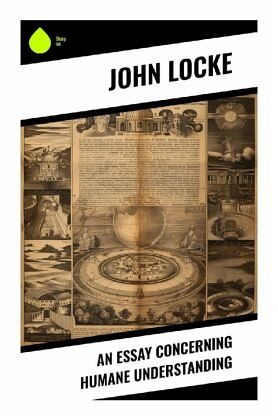
An Essay Concerning Humane Understanding
Versandkostenfrei!
Versandfertig in 6-10 Tagen
21,50 €
inkl. MwSt.

PAYBACK Punkte
0 °P sammeln!
In "An Essay Concerning Humane Understanding," John Locke delves into the nature of human cognition, seeking to elucidate the foundations of knowledge and the limits of human understanding. Written in a clear and accessible prose style that marks a departure from his contemporaries, Locke's work lays the groundwork for empiricism, arguing that the mind is a tabula rasa, or blank slate, upon which experience writes. Through systematic inquiry, he dismantles notions of innate ideas, exploring how sensory experiences and reflection form the basis of human knowledge. This seminal text situates its...
In "An Essay Concerning Humane Understanding," John Locke delves into the nature of human cognition, seeking to elucidate the foundations of knowledge and the limits of human understanding. Written in a clear and accessible prose style that marks a departure from his contemporaries, Locke's work lays the groundwork for empiricism, arguing that the mind is a tabula rasa, or blank slate, upon which experience writes. Through systematic inquiry, he dismantles notions of innate ideas, exploring how sensory experiences and reflection form the basis of human knowledge. This seminal text situates itself within the framework of Enlightenment thought, engaging with the ideas of Descartes and other rationalists while paving the way for modern philosophy. Locke, an influential English philosopher and physician, is often referred to as the father of Liberalism. His diverse academic background, which included natural philosophy and politics, inspired him to explore the intricacies of human thought. The turbulent socio-political landscape of the 17th century, particularly the English Civil War, informed his views on governance and the human condition, making this essay both a philosophical treatise and a commentary on the theories of knowledge that underpin societal structures. "An Essay Concerning Humane Understanding" is essential reading for anyone seeking to comprehend the evolution of modern philosophical thought. Locke's articulate exploration of the mind's workings not only sheds light on the nature of knowledge but also challenges readers to reflect on their own cognitive processes. Students, scholars, and philosophical enthusiasts alike will find Locke's insights invaluable as they navigate the complexities of understanding human experience.




